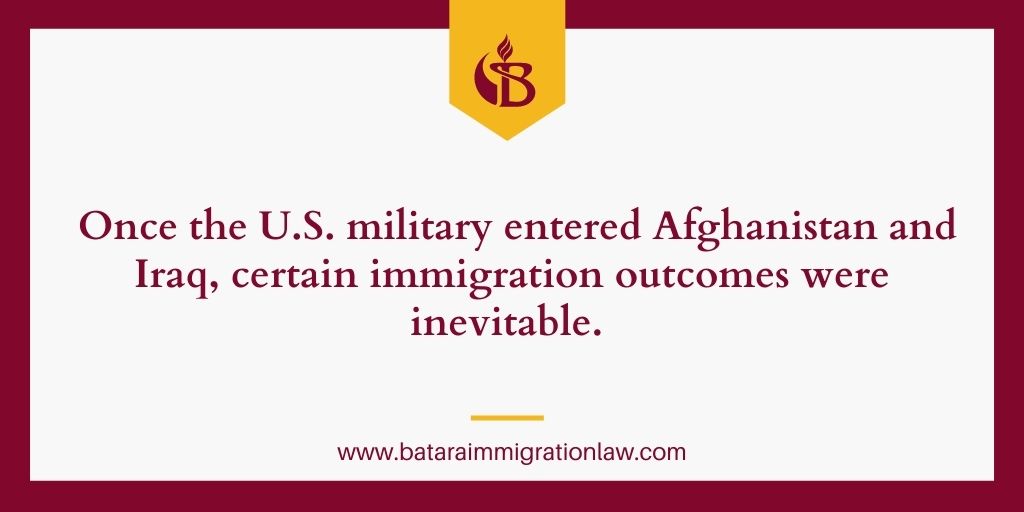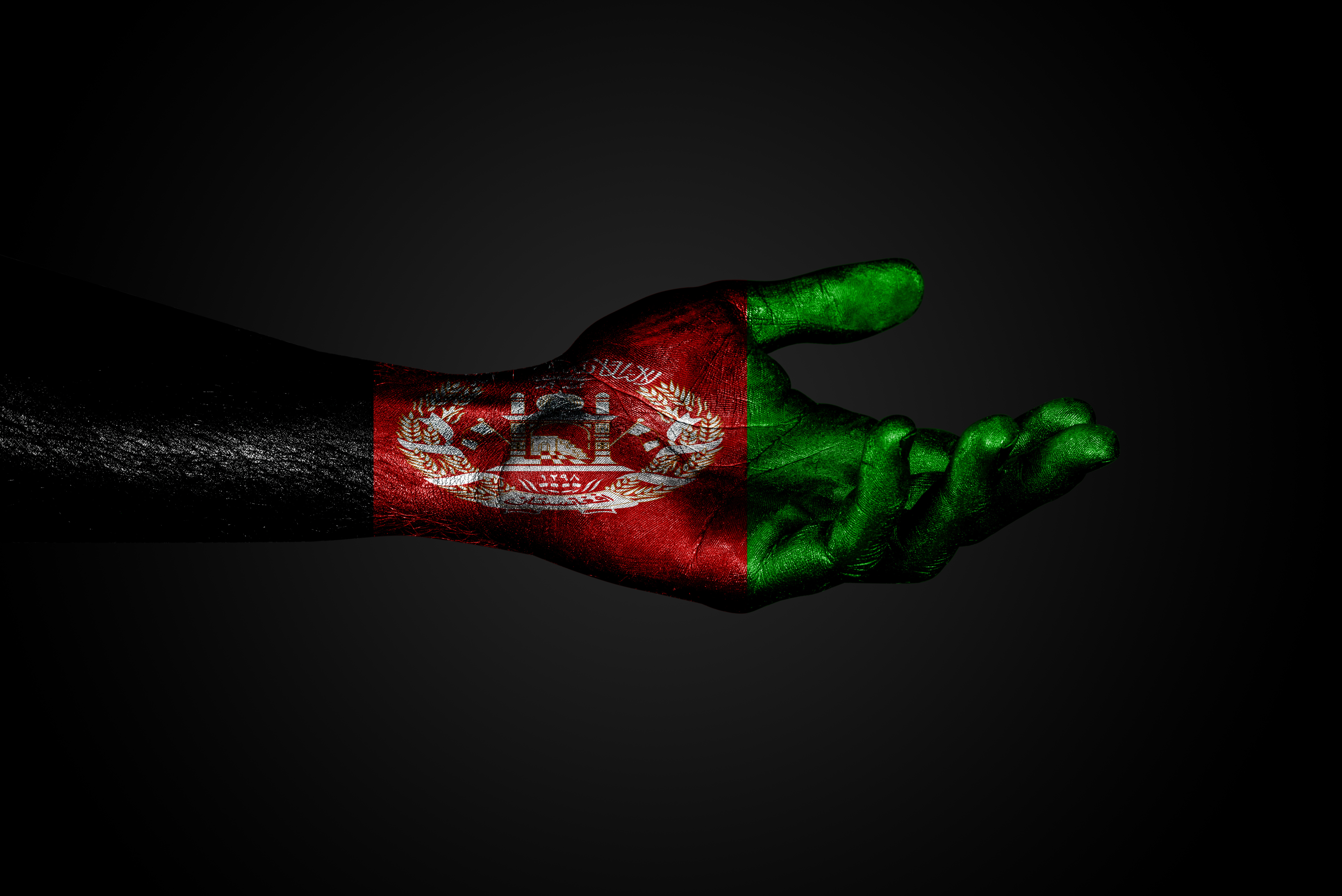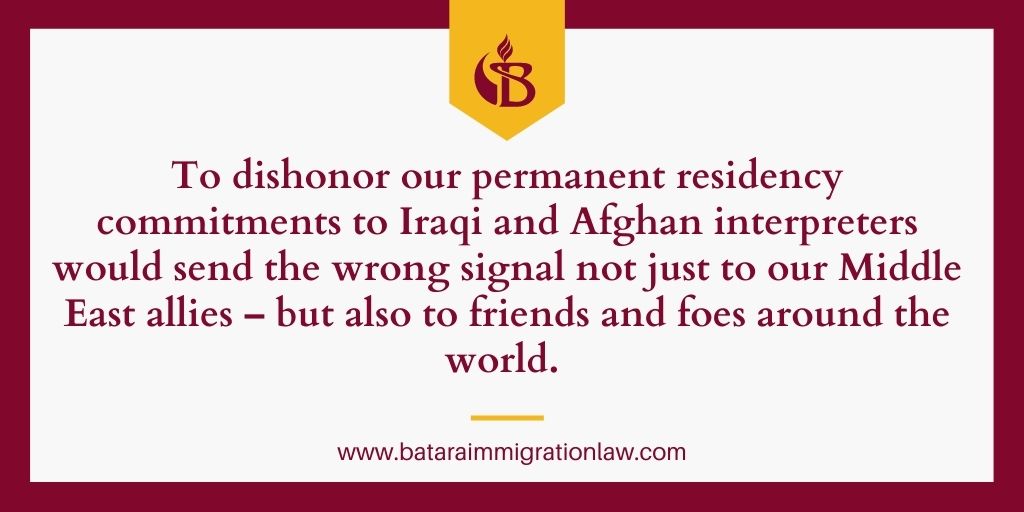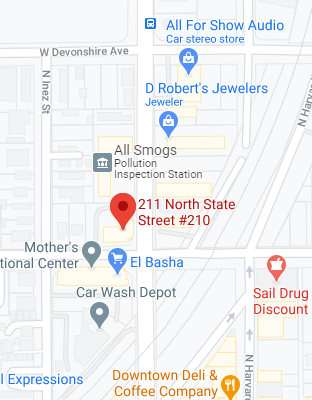
Is history repeating itself? As in the aftermath of the Vietnam War, the U.S. has a moral obligation to help Afghans out after failing them. https://www.vox.com/22627834/afghanistan-refugee-policy-vietnam
Seven years ago, I wrote that the current consequences were obvious. I cannot believe the government missed the cues.
In 2018, Afghan refugees totaled 2.5 million – the largest refugee population in Asia and the second largest refugee population in the world – according to UNHRC, the United Nations Refugee Agency. How high will the total increase in the next 6-12 months?
Once again, the American ambivalence towards accepting refugees is rearing its ugly head. Like others before them – Vietnamese, Syrians, Iraqis, to name a few – Afghans seeking a safe haven cannot count on a warm welcome from U.S. citizens. https://www.nytimes.com/2021/08/21/us/refugees-history-afghanistan.html
After winning his asylum case, can a refugee be denied permanent residence for providing material support under duress and involuntarily – cooking and cleaning – to the Taliban?
That’s the issue before the Second Circuit Court of Appeals in Kakar v. USCIS. The government argues Kakar’s coerced actions constitutes “material support” – and hence violates terrorism-related bars to admissibility and grounds to deny his application for permanent residence.
Is Kakar’s case a mere legal anomaly? Or the opening act in a series of hostile legal opinions towards Afghan refugees?
Our government’s actions regarding translators who assisted the military and embassy personnel will send a loud message to friends and foes alike.
The United States is carefully vetting Afghans evacuated from Kabul. They are screened using the government’s automated biometrics system. The process is intended to protect both our allies and our country.
Meanwhile, U.S. nonprofit refugee organizations are rushing to help resettle Afghans, many of whom are arriving with uncertain immigration statuses and little other than the clothing on their backs. https://on.wsj.com/3zRGQSz
The good news is that a recent survey shows 81% of U.S. adults believe the U.S. should “help those Afghans come to the U.S.,” while just 19% said they should not. https://bit.ly/3BSeaK5
The U.S. chaotic evacuation of Afghanistans, “The difference between the damned and the saved came down to three factors. The first was character. The second was what Afghans call wasita—connections. The third, and most important, was sheer luck. @TheAtlantic https://www.theatlantic.com/magazine/archive/2022/03/biden-afghanistan-exit-american-allies-abandoned/621307/






